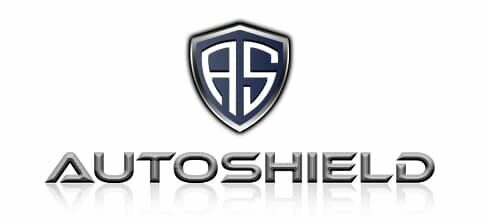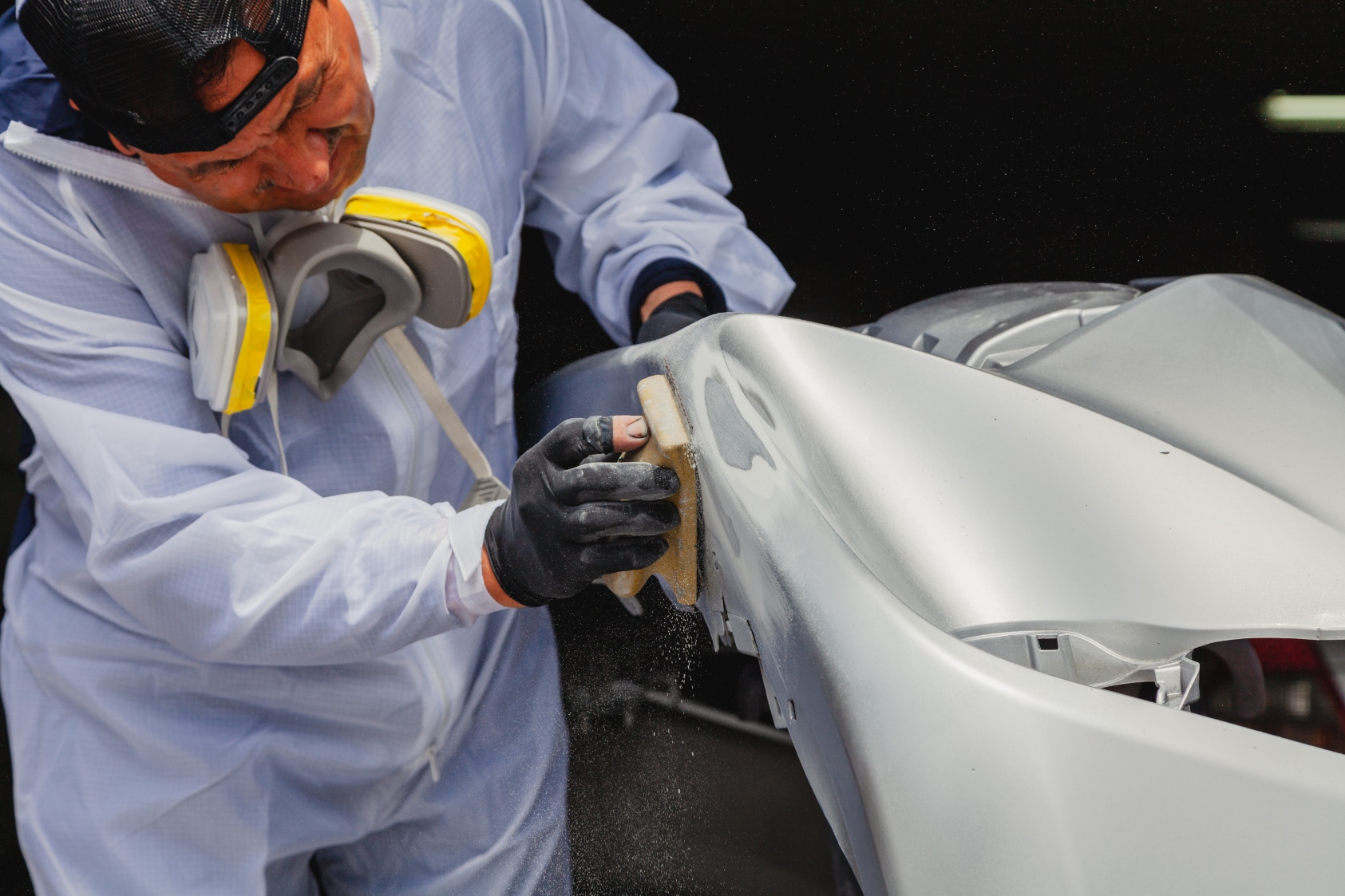Collision insurance is a type of auto insurance that covers you if your vehicle is involved in an accident with another car or a stationary object. It helps you reduce out-of-pocket expenses by paying for vehicle damage costs, even if you’re at fault.
Collision insurance is optional and not legally required in all states, but some circumstances may necessitate it. For instance, if you’re leasing or financing your vehicle, your lender may require you to have one.
You can take collision insurance cover for most vehicles, motorcycles, boats, cars and RVs. But, collision insurance won’t cover every bill once a crash happens. It pays for the repair of your own car when you hit another car or an object. It may also cover your damages if a driver who doesn’t have enough insurance hits you.
Let’s look at collision insurance in detail, including costs, coverage and how to know if it’s worth the price.
In What Ways Does Collision Insurance Protect You?
Collision insurance potentially covers your own car in the event that:
- Your car is involved in an accident, such as rolling over.
- A crash with an object, such as a tree or a phone pole
- An accident involving another vehicle, such as someone hitting your car in the parking lot or a traffic crash
- When another driver hits your car, when they don’t have enough insurance to cover your repair costs and without you having coverage for uninsured/ underinsured motorist damage.
It’s good to note that collision insurance only pays for the damage to your car. It doesn’t cover the damage to other objects, vehicles or bodily injuries caused by the accident.
How Does Collision Insurance Work When the Other Driver Is at Fault?
When your crash is entirely another driver’s fault, their liability car insurance will pay for your car’s damage. But, if the at-fault driver does not have liability car insurance coverage, you’re supposed to make a claim to their insurance first. In all states, all drivers are required by law to have auto liability insurance, apart from New Hampshire and Virginia. Even though it’s a requirement, many states limit their auto insurance to a minimum of just $5,000 or $10,000.
If the driver at fault only has the state-required damage limit and the damage to your vehicle is more, like in the case where your car is totalled, your collision insurance will kick in.
How Different Is Collision Insurance from Comprehensive Insurance?
| Collision Insurance | Comprehensive Insurance |
| Covers for accidents involving other vehicles and objects | Covers for unexpected damage from almost everything including natural disasters, falling objects, hitting an animal etc. |
| Doesn’t cover car theft | Covers car theft and theft of car parts |
| Likely to pay for incase you roll your car even if no other vehicle is involved | Covers for all accidents such as car rolling over, civil disturbance and broken windshield |
How Does Collision Insurance Deductible Work?
Collision insurance coverage is based on a deductible. This is an amount you pay “out of pocket” in your collision claim while your insurance covers the rest.
The collision insurance deductible typically lies between $500 and $1,500. For instance, if you hit a tree accidentally and your collision insurance deductible is $500, the insurance company will pay for your car’s repair costs minus $500.
If the damage caused costs less than $500 (your deductible amount) to repair, it would be better not to make a claim. That’s because the insurer wouldn’t pay and your rates may go higher in future for having made a claim.
If the accident completely destroys your car, your insurer will pay for your car’s estimated value before the crash, less the deductible amount of $500.
Can You Reduce or Waive your Collision Deductible?
If another driver causes your accident while not having sufficient insurance to pay for the damages, collision coverage pays for the damage. In some states, collision deductibles are waived if an uninsured driver causes your damages.
Also, after an accident, you can add “disappearing deductibles” to your policy. Some auto insurers reduce your collision insurance deductible by about $100 for each year you’re not involved in an accident or getting a ticket.
How Much Does Collision Car Insurance Cost?
The Insurance Information Institute averages the cost of collision insurance premiums at $290 per year. However, the actual cost is determined by several factors such as age, driving history and the kind of car.
For example, if your driving record is clean, your rates may be lower than those considered high risk because of being involved in several accidents. Similarly, a car considered expensive to repair will have higher collision insurance rates than an older, less expensive one.
Group policies may also be cheaper than individual collision insurance policies.
Collision insurance Deductibles also factor into the potential cost of a collision insurance premium. Typically, lower deductibles lead to higher premiums. And, collision insurance claims are more common than comprehensive claims, making collision insurance more expensive.
Do You need Collision Insurance Coverage?
Collision insurance is always a smart option for all drivers. There is so much on the road that you can’t control. You protect your investment, especially when you pair collision insurance and comprehensive insurance and avoid paying thousands of dollars for out-of-pocket damages when an accident happens.
You can also consider the following:
- Your vehicle’s value: A brand-new vehicle will require expensive repairs or replacement once damaged; therefore, collision insurance makes sense.
- Your ability to pay out of pocket: Can you afford to pay for your vehicle’s repairs and replacement without insurance? Collision insurance gives you the required peace of mind.
- Is your vehicle in storage? If your vehicle will not be used for an extended period, such as a boat or RV, collision insurance is a worthwhile option for the storage time.
Collision coverage is also crucial for drivers with less driving experience, such as teens.
You can also compare your vehicle’s worth and your deductible amount. For example, if your collision deductible is $900 and your car is worth $900 or less, collision coverage may not be valuable.
Collision Coverage FAQs
Does Collision Coverage Cover Other Drivers?
No, collision insurance only pays for the damages of the policyholder’s vehicle in the event of an accident. Your liability insurance may cover the other driver’s car if you are at fault.
Is Collision Insurance the Same as Full Coverage?
No, full coverage comprises comprehensive, collision and any other optional coverages you may need from your insurer. Collision coverage is generally for accidents involving hitting objects or a collision with another vehicle.
Should I Take Collision Insurance Coverage on an Old Car?
It depends. Collision coverage will only pay for the actual cash value of your cars minus your collision deductible. The market value minus your collision deductible for older cars may be lower than your collision coverage claim. It’s always good to research your vehicle’s value before dropping the collision coverage.
Does Law Require Collision Coverage?
Collision coverage is not legally required in any state. But, if you’re leasing or financing a car, your lender may require collision insurance. If you drive an expensive vehicle, collision coverage gives you peace of mind since it caters for repairs or replacement in the event of a bad crash.




